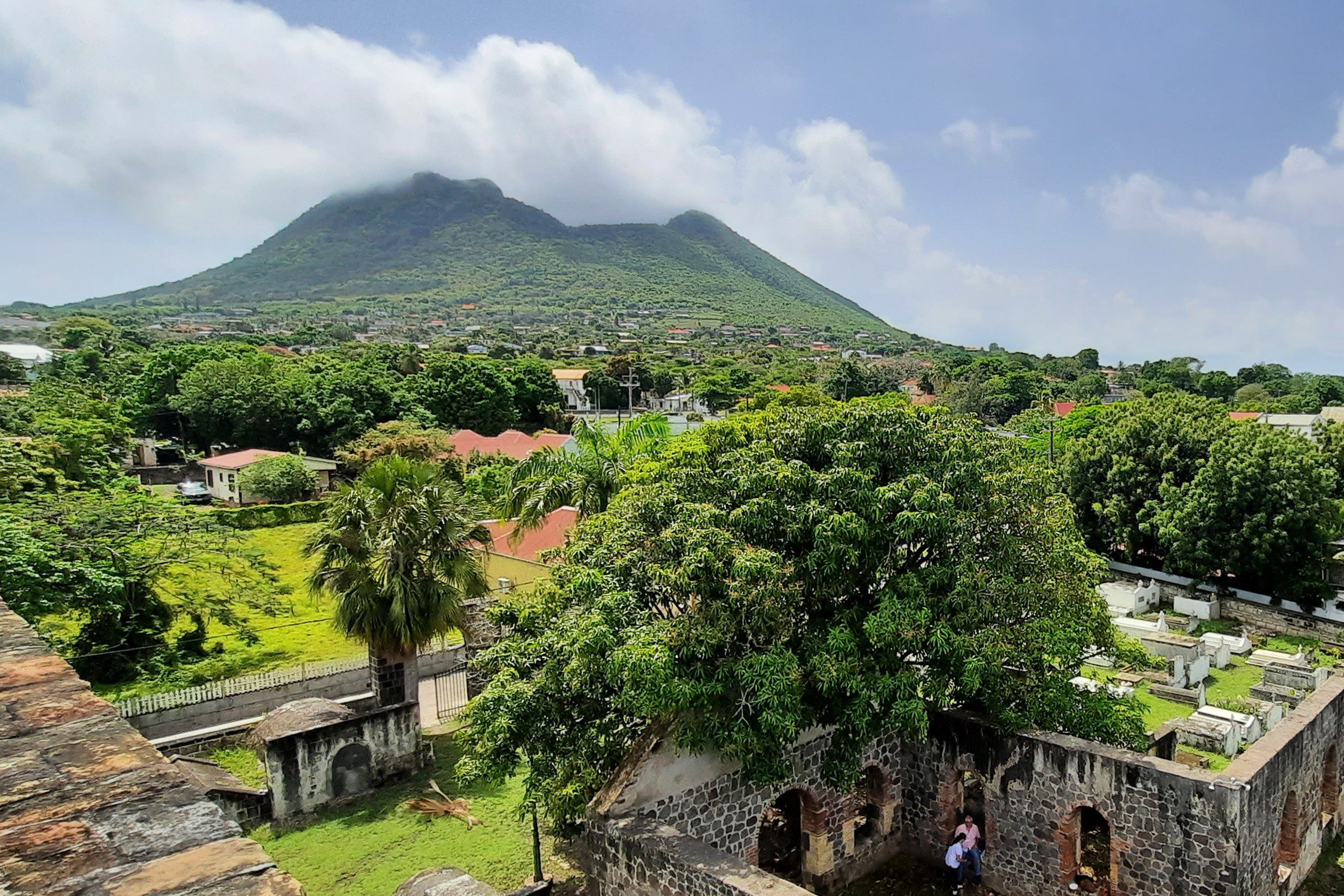Two historic burial grounds on Sint Eustatius, Golden Rock and Godet, are set to be officially recognized by UNESCO as part of its “Routes of Enslaved Peoples” program during a ceremony in Paris on October 9, 2024. This recognition follows a nomination initiated by the St. Eustatius Afrikan Burial Ground Alliance in February 2022, marking a significant milestone in the preservation of the island’s slavery heritage.
The Golden Rock site was discovered in 2021 during earthworks for the expansion of the island’s airport. An international archaeological team began excavations but soon faced backlash from the community over the handling of human remains. This led to the suspension of the dig and the creation of the Statia Heritage Research Commission (SHRC) to oversee the respectful management of the remains and ensure that international standards were followed. The SHRC’s work emphasizes community involvement and transparency, guiding the path forward for preserving these important cultural sites.
This inclusion into UNESCO’s 30-year-old “Routes of Enslaved Peoples” program is part of a global effort to document and commemorate key sites related to the transatlantic slave trade. By joining this network, Sint Eustatius is not only contributing to a broader historical narrative but also fostering local dialogue about the island’s painful past. The Golden Rock burial site provides a rare and invaluable glimpse into the lives of enslaved Africans, highlighting the need for ethical archaeological practices that honor the dignity of those who were buried there.
In addition, the St. Eustatius Afrikan Burial Ground Alliance has secured funding from the Faro Fund to organize a series of community events in November. These events will focus on raising awareness about the significance of the burial grounds and discussing the possibility of a memorial to honor the ancestors. This initiative underscores the importance of local engagement in shaping how heritage is remembered and preserved.
By incorporating these sites into UNESCO’s program, the island is making a powerful statement about the importance of recognizing the legacies of slavery and ensuring that historical research is conducted with respect and community participation. This international recognition is a positive step toward understanding the island’s past, promoting healing, and honoring those who were forcibly brought to its shores.
![SMC002-FD-LOGO-500px-[ANI]](https://dutchcaribbeanheritage.org/wp-content/uploads/sites/2/2024/04/SMC002-FD-LOGO-500px-ANI.gif)
